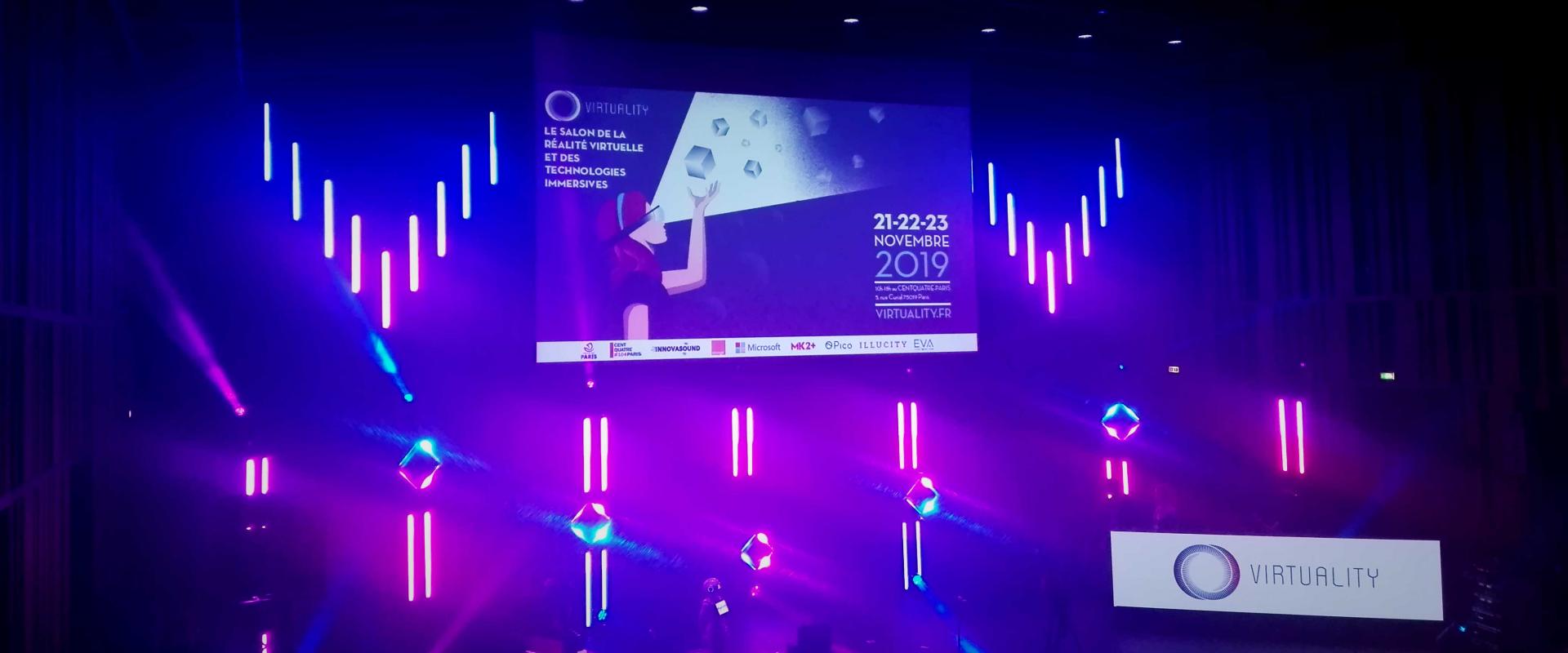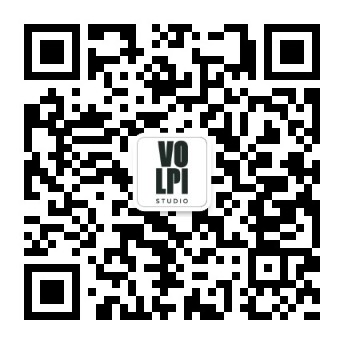Imagine that your task is to build a prototype to test a new product. You have to think about budget, timing, resources, project management, materials, spaces, and the whole process including re-loops and modifications.
What about an unexpected mistake, or failure? You have to face and manage delays and added costs.
It is a typical situation for many industries and professionals, but the Digital transformation has already developed a solution to most of those problems. The example quoted above is well-known by industries where new technologies and digital tools, such as Virtual and Augmented Reality, are aiming to face and solve problems quickly, safely, and effectively.

To discover and learn more about Virtual and Augmented Reality applied to industries and as a resource for the end user, me and Manuela Ferrante, Innovation Director at Studio Volpi, attended the Virtuality 2019 fair held in Paris from 21 to 23 November.
The Virtual Reality Introduction into factories, as in our daily life, is a widely discussed topic. These technologies have quickly grown for the last few years that now they are employed to create new relationships with clients, build company processes, increase performances and the value chain, impacting positively on the whole product's life cycle.
Virtual Reality is applied not only to design, but also to support customer services, market research, marketing, as a training and learning tool, and to maintenance service and on-line shops. And in the next few years, hardware R&Ds and visualization technology in "Real Life" will bring a major spread of AR/VR in everybody's quotidianity.

The Virtual Reality growing market will create new opportunities for service providers, content developers, and ecosystem component providers. Virtual Reality and other immersive technologies will also be crucial to many industries for a variety of enterprise purposes such as internal operations, supply chains management, and customers support.

Great part of the case studies shown at Virtuality Paris refer to commercial real estate, automotive, public safety, education, training and simulations. VR is employed in many different ways: from situational trainings to more traditional scenarios such as enhanced simulations of flight or vehicle driving, and trainings on how to use machines.
In the near future, companies will use VR as a mean to de-stress employees offering virtual experiences of their usual workday enhanced by random events thrown into the experience both to interest and amuse workers and to test how they might react in a VR experience, compared to a real-world one.

Learning tools are undergoing a profound renovation and Augmented, Mixed and Virtual Reality are increasing popularity because they allow an approach that embraces cognitive science and big data. Using learning approach based on VR and an interactive scenario game system, at Studio Volpi we tested how it is possible to set a time-sensitive, outcome-based experience to engage users and track their choices.
From our experience we also proved how gamification is key to constantly engage and encourage the desired behavior in the user.

Currently, we at Studio Volpi use the new VR / AR technologies to validate the design phases of all products, while we're constantly searching for new ideas and opportunities also through collaboration with universities. Looking for the future through an innovative look, it is possible to connect physical mockups with the digital world in order to have a broader view of product development.

The big advantages that derive from virtual experiences are also used by the end customer in the areas of marketing, branding, product positioning and also as service tools, predictive data analysis.
Thanks to the time we spent at Virtuality Paris, we experienced how VR, AR and related technologies are often employed in a “vertical” approach to solve problems and issues.
Our hope is that in the few next years it will be a more “horizontal” phenomenon that will include all companies in improving communications and data gathering and transfer, and that will lead a massive growth.
BY NATALIA LASKOWSKA
INNOVATION TECHNOLOGY SPECIALIST
-
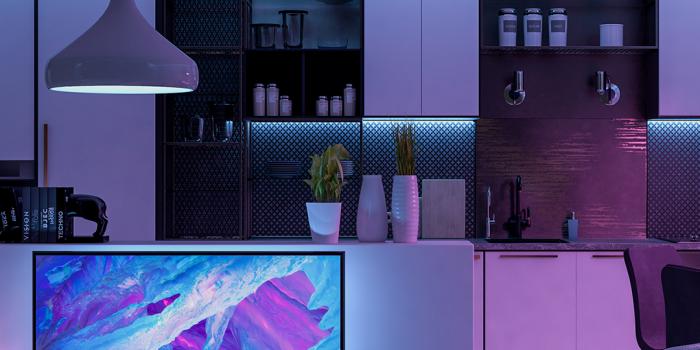
-
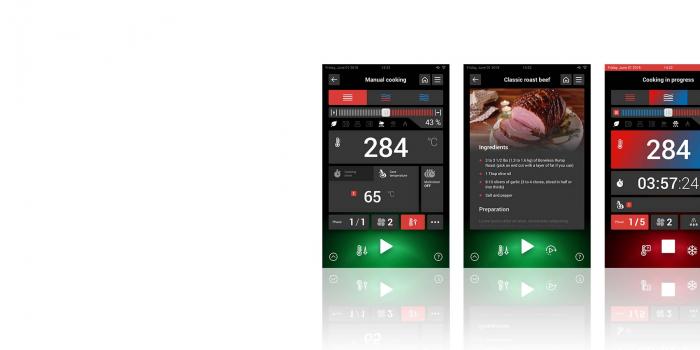
-
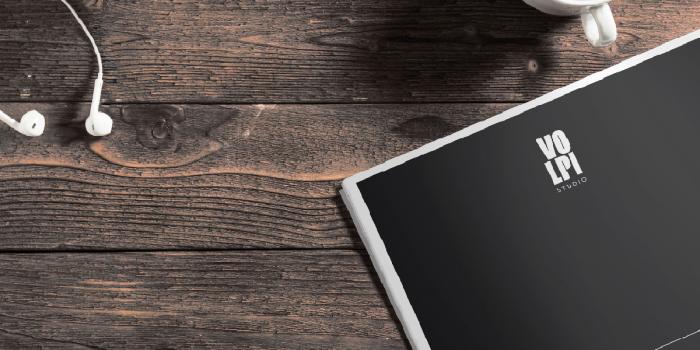
Perspectives Mar 30, 2020
KITCHEN 4.0: HOW DIGITALIZATION IS CHANGING THE RULES
Technological updating and the integration of an interconnected soul are turning modern professional kitchens into a perfect example of the 4.0 industry, where the product and its super digital powers become a tool to improve working conditions, enhance productivity, monitor the processes to achieve better results and create new business models


